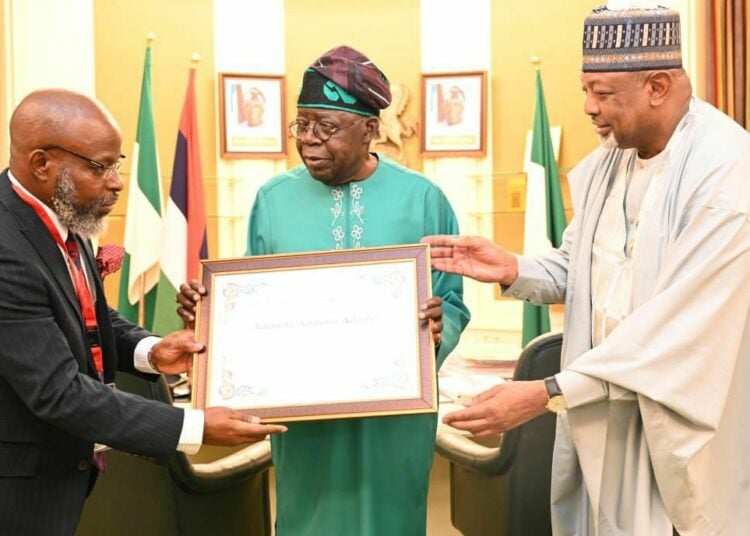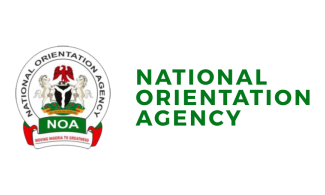President Bola Tinubu has directed the Federal Ministry of Health and Social Welfare to take all necessary and legitimate steps to ensure that members of the Nigerian Association of Resident Doctors (NARD) immediately return to work following their indefinite strike, which began on Saturday and has disrupted services in tertiary hospitals nationwide.
The directive was announced by the Minister of State for Health and Social Welfare, Dr. Iziaq Salako, during a press briefing in Abuja on Monday. He said the President had issued a clear mandate to resolve the dispute and restore normal operations in public hospitals.
“Mr President has expressly directed that we do everything possible and legitimate to ensure that the resident doctors are brought back to their duty posts as soon as possible,” Salako stated.
The minister apologised to Nigerians affected by the strike and revealed that government officials had been engaging NARD’s leadership to address their 19-point list of demands. He explained that the current dispute partly stemmed from a July circular issued by the National Salaries, Incomes and Wages Commission, which created divisions among health workers. Although the circular was later withdrawn, a Collective Bargaining Agreement (CBA) process was launched in August to harmonize negotiations across all health unions.
Salako said that despite ongoing disagreements over pay relativity and the appointment of non-doctor consultants, significant progress had been made, adding that an external industrial relations expert was mediating the talks.
He further disclosed that the Federal Government had released ₦21.3 billion to settle outstanding arrears and allowances, with 60% of doctors already paid, while another ₦11.9 billion was being processed. In addition, ₦20 billion had earlier been disbursed through the Medical Residency Training Fund.
On workforce expansion, the minister said 14,444 health workers — including 3,064 resident doctors — were recruited in 2024, and 23,059 more would be engaged in 2025. President Tinubu, he added, had also approved an increase in the retirement age for clinical staff to 65 years.
Addressing one of NARD’s key demands, Salako clarified that medical and dental house officers could not be placed on the civil service scheme because they are interns on temporary 12-month contracts and not full employees.
He also noted that the creation of consultant cadres for non-medical staff predated the current administration and would be addressed through dialogue.
On the dismissal of five resident doctors from the Federal Teaching Hospital, Lokoja, Salako said a three-man review committee had been set up to re-examine the cases, with three of the affected doctors already cleared for reinstatement.
Reiterating the government’s preference for dialogue, the minister appealed to the doctors to return to work, saying:
“Industrial peace cannot be achieved through confrontation. We value the contribution of our health workers, and the President especially values the resident doctors. If it were possible, we would pay them ₦50 million monthly, because no one can fully compensate their service.”
Salako also emphasized that doctors in public service currently earn about 50% more than other health professionals, underscoring the government’s prioritization of their welfare despite economic challenges.
Meanwhile, in a statement signed by its President, Dr. Muhammad Suleiman, NARD maintained that its demands were neither new nor unreasonable, describing them as minimum requirements for a sustainable healthcare system. The association accused the government of failing to implement long-standing agreements, including unpaid salaries, delayed allowances, and irregular promotions.
Similarly, the Association of Resident Doctors in the FCT (ARD-FCTA) vowed to continue its strike until all arrears and welfare concerns were resolved. Its President, Dr. George Ebong, said several doctors employed since 2023 remained unpaid, while new recruits were offered lower salary scales, calling on FCT Minister Nyesom Wike to intervene decisively.
“We can’t fix the medical system on the pages of newspapers. We are ready to work, but we can’t give what we don’t have,” Ebong said.








